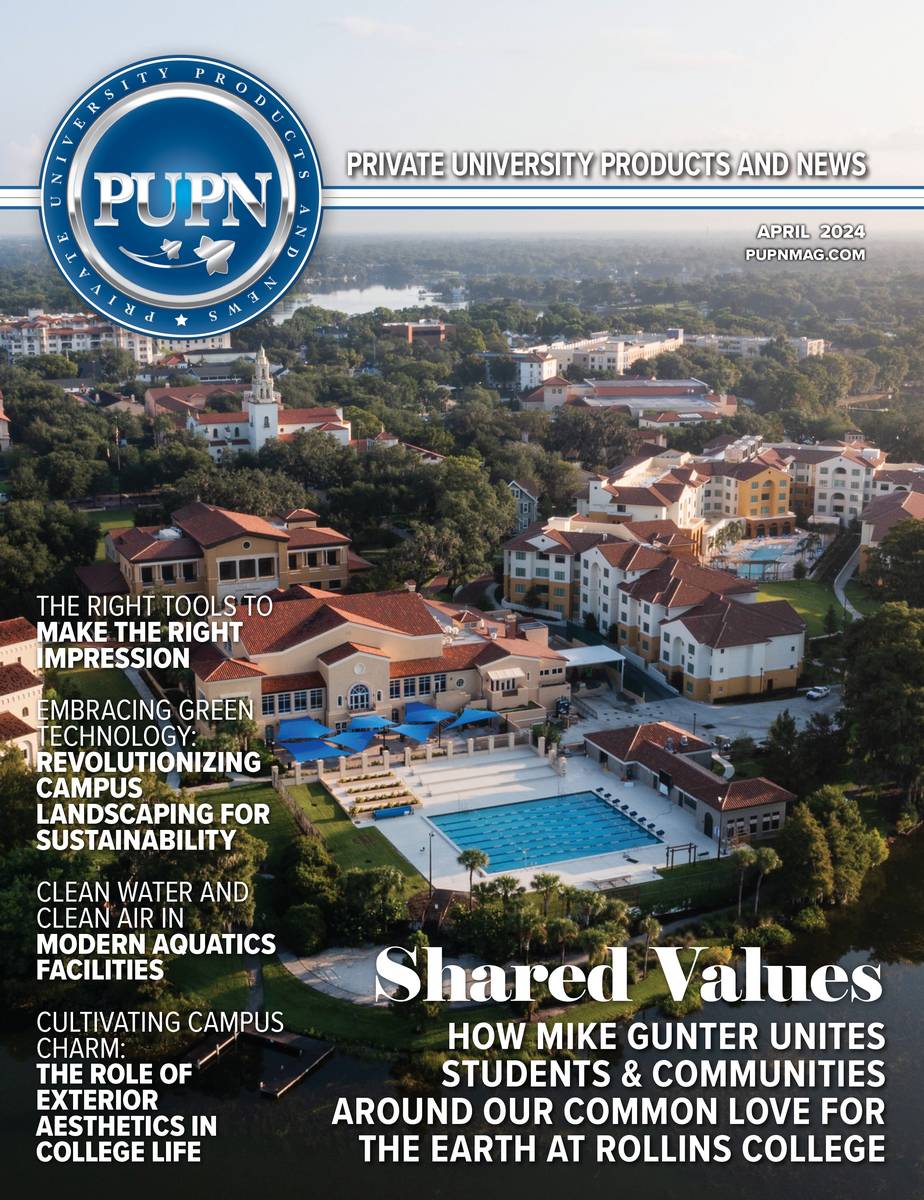The Judson Female Institute was named to honor the first female missionary to represent the United States in Burma, Ann Hasseltine Judson. The school encouraged and empowered women to develop their intelligence and talents and use this knowledge to improve society. Early graduates worked to improve conditions for plantation and factory workers, lead suffrage efforts in the state, preserve native plants, and establish national forests.
After enduring the Civil War, Reconstruction, smallpox, and suffering the loss of the campus main building to fire, enrollment expanded. In 1904 the Alabama State Legislature amended the school’s charter to create Judson College. Due to financial concerns during the 1930s, there was talk of merging Judson with two other state Baptist affiliated schools. However, the college remained independent and dedicated to helping women develop their God-given abilities to improve society.
Judson’s Historic Past
An influx of veterans utilizing the GI Bill after World War II ended in 1945 helped Judson flourish. By the early 1960s, Judson became a model of Christian liberal arts colleges for women. In 1968, the charter was re-written to change language from “white females” to “females” and admissions were opened to all women.
The Alabama Womens’ Hall of Fame was built on the campus in 1970 to honor women who made significant contributions to the state. By the 1990s, Judson College had eighteen majors and twenty-four minors, eleven pre-professional programs, and a distance learning program toward a bachelor’s degree. In 1993 the college was placed on the National Registry of Historic Places, and a multi-million dollar renovation project in 2003 created a state-of-the art educational space in Jewett Hall, which remains at the heart of the campus. In April of 2021, Judson held its 183rd commencement, celebrating nearly two centuries of educating women.
Judson College is now filing Chapter 11 bankruptcy and will not open in the fall of 2021.
Through its 183 year history, Judson has often struggled to survive. The leadership overcame obstacles in ways that reflect the school’s mission—to matriculate students who are “well-adjusted and productive citizens through the transmission of knowledge, the refinement of intellect, the nurturing of faith, the promotion of service, and the development of character.” Creativity, critical thinking, and commitment to faith and service helped the college stay afloat for nearly two centuries. However, declining enrollment since 2000 and the unforeseen challenges of the pandemic in 2020 caused the school to reassess its future.
Looking at Options
A successful fundraising campaign to keep the school open through May of 2021 was launched in the fall of 2020. At the same time, leadership at the college commissioned Fuller Higher Ed Solutions to conduct an in-depth review of college finances and meet with focus groups in an effort to determine the best steps forward. Fuller’s report was issued in February 2021 and offered insights and solutions for the college.
The Fuller report acknowledged Judson College’s uniqueness in academia—a Baptist college for women located in rural Alabama. This fact distinguishes Judson from the majority of private colleges and universities in the United States and could be considered an asset. Focus group interviews resulted in alumnae sharing memories “as illustrations of the impact Judson had on students finding their voice, learning how to lead, and building confidence as they mastered subject material and prepared for their future.” Faculty, staff, students, and alumnae expressed a high level of support for the college and positive suggestions for its future.
A Difficult Decision
According to the report, the “college was already in a difficult financial condition prior to March 2020 when the pandemic changed the way residential colleges function.” Expenditures per student were in excess of income per student. The gap in revenue meant the college must “generate 60% of revenues from non-student, philanthropic sources; generating two thirds of revenues from donations on an annual basis is not realistic.” Deferred maintenance and stagnant wages were also an issue. The report indicated Judson needs considerable infusion of cash to address the deficit and invest in turnaround efforts.
The report noted the decline in interest in gender specific choices in higher education, citing that in “1960 there were 230 colleges for women in North America; today there are 36.” A comparison of data from the Women’s College Coalition (WCC) showed Judson to be among the bottom in terms of endowment, enrollment, and retention. Judson College showed very little similarity with other women’s colleges, other than the fact of being a college for women. The analysis was completed in hopes of Judson using the experiences of those institutions to guide strategies and decisions.
Changing Landscapes
Other important factors addressed in the Fuller report include a decrease in the number of high school students in Alabama and surrounding states and the changing perception of Christian colleges and universities. The report concluded that “the college has two primary options to consider, either closing with dignity or investing in a turnaround.” Specific recommendations included merging with another college, becoming co-educational, and creating a well-funded strategic plan. The decision to close any institution of higher education is extremely difficult and heartbreaking. Judson College has a long and rich history of educating and empowering women. While the challenges of the 21st century have affected all private colleges and universities, the experience of Judson may be of use to other church affiliated and gender specific institutions as they navigate the changing landscape of what society wants out of higher education.










